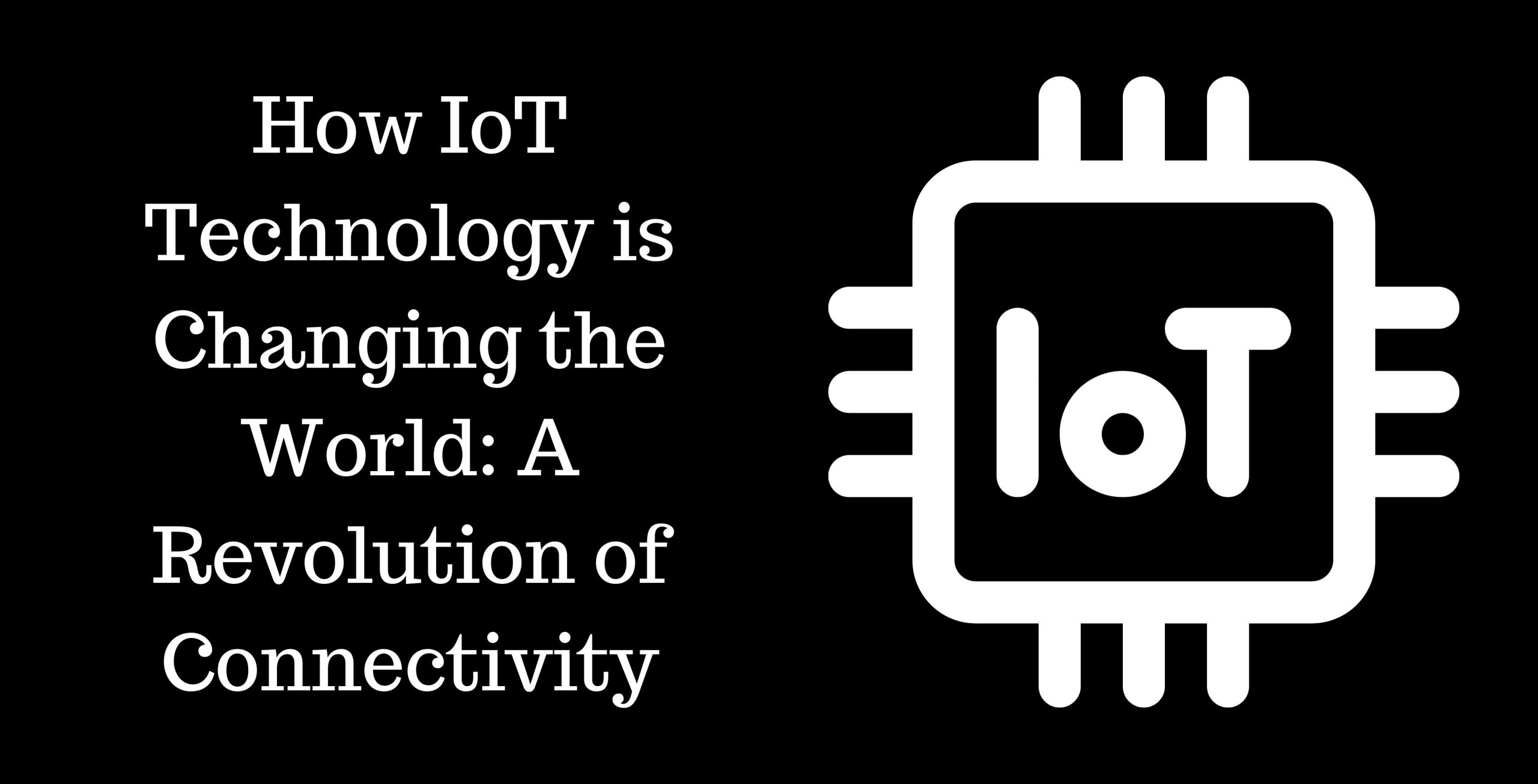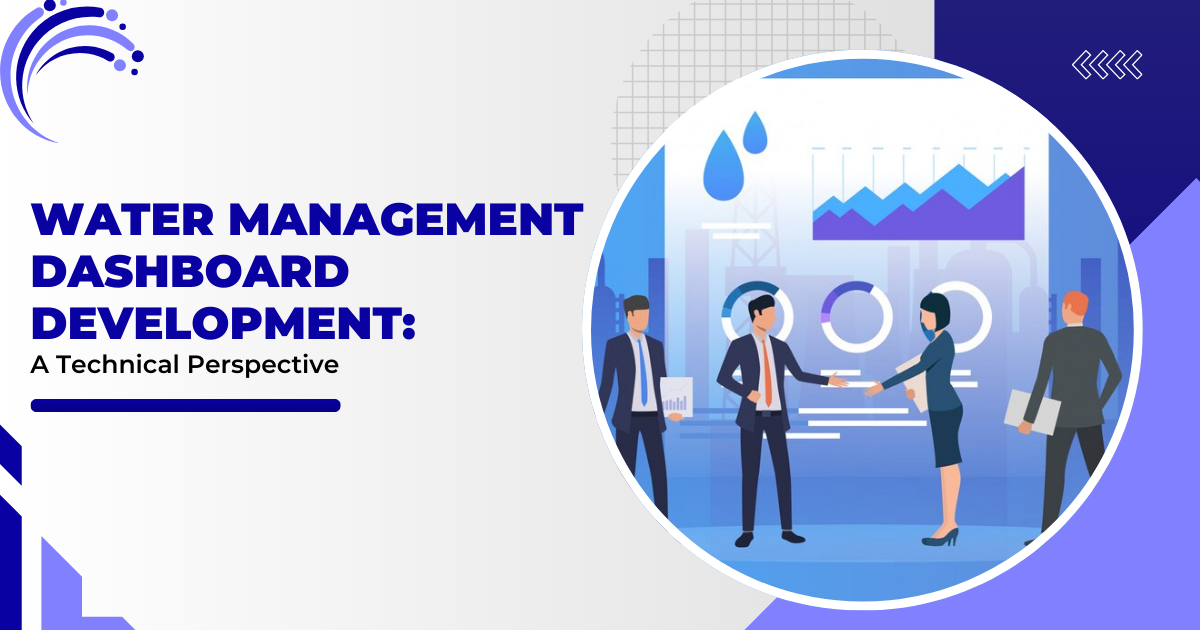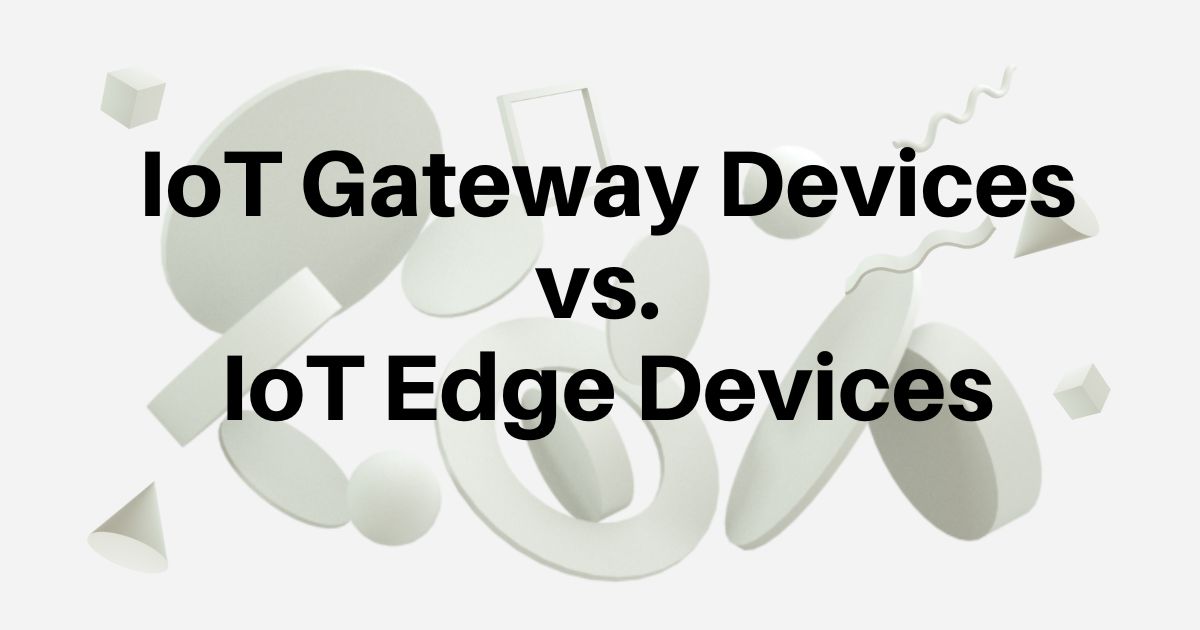The Internet of Things (IoT) has emerged as a disruptive force that is transforming industries, improving daily living, and accelerating innovation on a global scale amid the quickly changing technological landscape. Through embedded sensors, software, and network connections, the Internet of Things (IoT) represents the integration of physical objects, including machines, vehicles, buildings, and even people. The way we live and work is being revolutionized by this network of linked devices, which provides previously unheard-of prospects for efficiency, convenience, and data-driven decision-making. With the use of actual examples from many industries, we will examine how IoT technology is transforming society in this essay.
Smart Homes: Enhancing Comfort and Efficiency
IoT has brought the concept of the smart home into reality, transforming houses into intelligent living spaces. Smart thermostats, such as the Nest Learning Thermostat, adapt to your preferences and optimize energy consumption, reducing utility bills. Home security systems, like Ring and Arlo, allow homeowners to monitor their properties remotely, enhancing safety. Furthermore, smart appliances, like the Samsung Family Hub refrigerator, enable users to control their devices remotely and even order groceries directly from the fridge.
Healthcare: Empowering Patients and Professionals
IoT technology is revolutionizing healthcare by providing real-time data and improving patient outcomes. Wearable devices, such as the Apple Watch and Fitbit, track vital signs, activity levels, and even detect irregular heart rhythms, enabling individuals to take charge of their health. In hospitals, IoT-connected devices like smart infusion pumps ensure precise medication delivery, reducing errors and enhancing patient safety.
Agriculture: Precision Farming for Sustainable Agriculture
In agriculture, IoT sensors and drones are transforming traditional farming into precision farming. Smart tractors equipped with GPS and IoT sensors analyze soil conditions and plant health, enabling farmers to optimize planting and irrigation. This data-driven approach increases crop yields, reduces water usage, and promotes sustainable farming practices.
Manufacturing: The Rise of Industry 4.0
Industry 4.0, the fourth industrial revolution, is propelled by IoT. In smart factories, IoT-connected machines communicate in real-time, allowing for predictive maintenance. This means that machines can predict when they will need maintenance before they break down, reducing downtime and costs. For example, Bosch’s IoT solutions have improved manufacturing efficiency by up to 25%.
Transportation: Safer and Smarter Mobility
IoT technology is reshaping transportation systems, making them safer, more efficient, and environmentally friendly. Connected cars can communicate with each other and with traffic infrastructure, reducing accidents and congestion. Electric vehicle (EV) charging stations use IoT to manage charging loads efficiently, making EVs a viable and sustainable option for the future.
Supply Chain Management: Real-time Visibility
IoT is providing unprecedented visibility and transparency in supply chain management. Companies can track the location and condition of goods in real-time, enhancing logistics and reducing losses. For instance, companies like FedEx and UPS use IoT-enabled tracking to optimize their global operations, ensuring timely deliveries and minimizing delays.
Environmental Monitoring: Protecting Our Planet
Environmental conservation efforts are benefiting from IoT technology. Sensors and IoT devices are deployed in forests, oceans, and remote areas to monitor changes in temperature, pollution levels, and wildlife movements. This data informs crucial decisions for conservation and helps combat climate change.
Retail: Personalized Shopping Experiences
IoT technology is enhancing the retail experience by providing personalized recommendations and streamlining operations. Smart shelves equipped with RFID tags can track inventory in real-time, reducing stockouts and overstock situations. Retailers like Amazon leverage IoT to create cashier-less stores, such as Amazon Go, where customers can shop and check out without ever standing in line.
Smart Cities: Sustainable Urban Development
IoT is a fundamental component of smart city initiatives worldwide. Cities like Barcelona use IoT to monitor and manage everything from traffic flow to waste management. Sensors in streetlights adjust lighting levels based on pedestrian traffic, reducing energy consumption. Smart waste bins optimize collection routes, reducing fuel consumption and emissions.
Energy Management: Efficient Resource Utilization
IoT technology plays a crucial role in energy management by optimizing resource utilization. Smart grids balance electricity supply and demand in real-time, reducing power outages and improving energy efficiency. For instance, PG&E’s SmartMeter program in California allows homeowners to monitor their energy usage and make informed decisions to reduce their carbon footprint.
Conclusion
The Internet of Things is undeniably changing the world as we know it, creating smarter, more efficient, and interconnected systems across various industries. From our homes to our workplaces, from healthcare to transportation, IoT technology is enhancing our quality of life, promoting sustainability, and driving economic growth. As this technological revolution continues to evolve, the possibilities for innovation are limitless, and the only certainty is that IoT will continue to reshape our world in ways we can scarcely imagine. Embracing and harnessing the potential of IoT is not just an option but a necessity in the modern age, as it holds the key to a more connected, efficient, and sustainable future.




